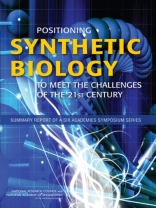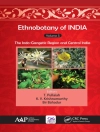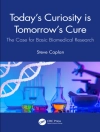Synthetic biologyunlike any research discipline that precedes ithas the potential to bypass the less predictable process of evolution to usher in a new and dynamic way of working with living systems. Ultimately, synthetic biologists hope to design and build engineered biological systems with capabilities that do not exist in natural systemscapabilities that may ultimately be used for applications in manufacturing, food production, and global health. Importantly, synthetic biology represents an area of science and engineering that raises technical, ethical, regulatory, security, biosafety, intellectual property, and other issues that will be resolved differently in different parts of the world. As a better understanding of the global synthetic biology landscape could lead to tremendous benefits, six academiesthe United Kingdom’s Royal Society and Royal Academy of Engineering, the United States’ National Academy of Sciences and National Academy of Engineering, and the Chinese Academy of Science and Chinese Academy of Engineeringorganized a series of international symposia on the scientific, technical, and policy issues associated with synthetic biology. Positioning Synthetic Biology to Meet the Challenges of the 21st Century summarizes the symposia proceedings.
Board on Life Sciences & Division on Earth and Life Studies
Positioning Synthetic Biology to Meet the Challenges of the 21st Century [PDF ebook]
Summary Report of a Six Academies Symposium Series
Positioning Synthetic Biology to Meet the Challenges of the 21st Century [PDF ebook]
Summary Report of a Six Academies Symposium Series
Acquista questo ebook e ricevine 1 in più GRATIS!
Lingua Inglese ● Formato PDF ● Pagine 80 ● ISBN 9780309225847 ● Editore Anne-Marie Mazza & Stephanie Joyce ● Casa editrice National Academies Press ● Pubblicato 2013 ● Scaricabile 3 volte ● Moneta EUR ● ID 7143825 ● Protezione dalla copia Adobe DRM
Richiede un lettore di ebook compatibile con DRM












